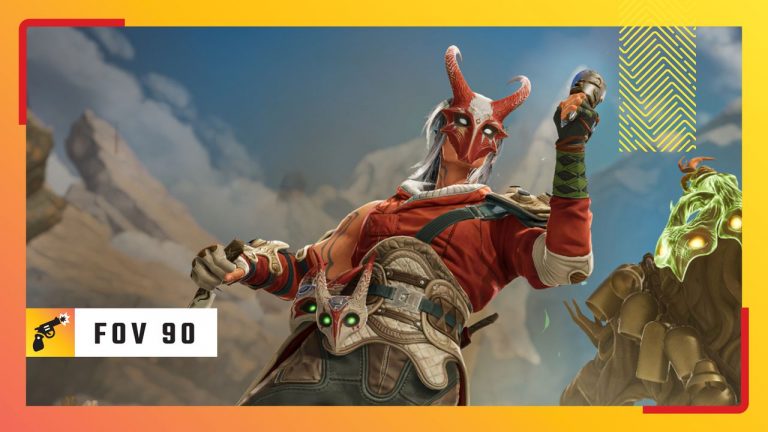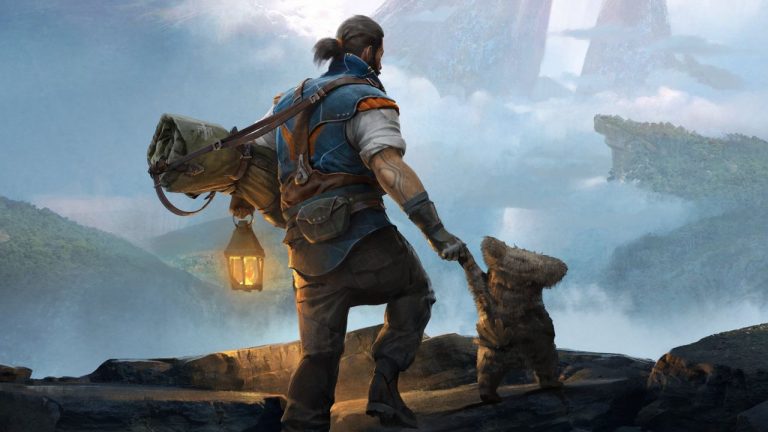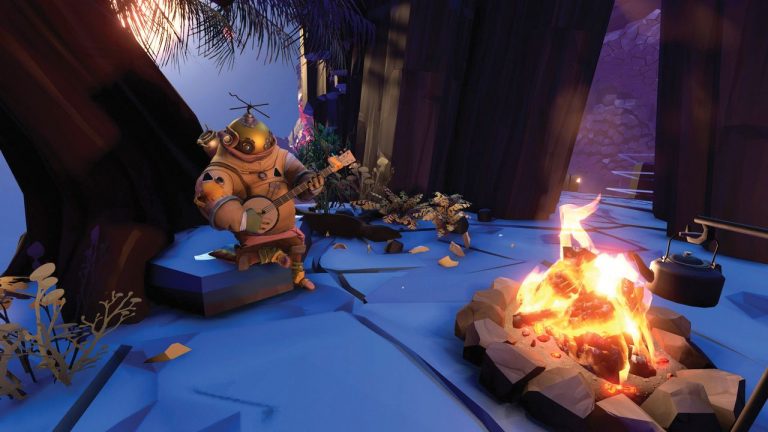Black Myth: Wukong has set the second-highest peak player record in Steam’s history, a spectacular launch for the Chinese action RPG that put it at the top of the global top sellers list. It’s also a great game: we called it “a mythical action RPG with remarkably bizarre characters and daring boss battles” in our 87% review. That should be the only story for Black Myth: Wukong today, but it’s not—what would otherwise be a celebratory launch has been dogged by controversy that studio GameScience seems unwilling to address, including in a recent interview with PC Gamer.
Streamer guidelines for Black Myth leaked before release, revealing a list of “don’ts” that included “feminist propaganda, fetishization, and other content that instigates negative discourse” as well as “content related to China’s game industry policies, opinions, news, etc.” These restrictions came from co-publisher Hero Games and were not shared with PC Gamer or other press outlets. Of course, streamers and everyone else immediately started talking about the topics they were forbidden from talking about—the Streisand effect never fails.
It’s impossible not to see those streamer guidelines as an extension of the crude and sexist comments made by GameScience’s founders, as reported in a widely shared IGN report on how the studio’s “history of sexism is complicating its journey to the west.”
GameScience has largely refrained from interviews (at least with western press) since early in Black Myth’s development, but I spoke with a representative of the studio in late July to talk about the making of its adaptation of Journey to the West for PC Gamer magazine. During my interview I asked the representative—who asked to be credited as a member of the studio, rather than by name—if they could address the details in the report.
“We have no comment, we’re sorry,” Game Science said via a translator. “We’re only looking to answer questions related to the game and the gameplay.”
It was a frustrating answer, considering we’d spent a good chunk of the interview discussing the studio’s growth from a small team to one large enough to take on a AAA singleplayer game, and the GameScience founders’ first crack at adapting Journey to the West in a previous MMO. Our conversation wasn’t limited to the minutia of gameplay, but the “no comment” was the same GameScience provided to The Guardian during a hands-on preview in July.
Since we’d been discussing the challenges of finding staff for such an ambitious game—that initial wowser of a reveal trailer was partly designed to help recruit new talent—I asked again if the controversy and repeated questions had affected the staff or led to any internal changes within GameScience. The reply, again, was “no comment.”
I don’t know if GameScience’s leadership simply believe there was nothing wrong with its past sexually suggestive recruitment posters, or think responding will only cause them more issues. Do they still hold opinions like the ones co-founder Yang Qi posted on blogging site Weibo, in 2013, stating games men like and games women like are determined “by biological conditions?”
“When you were holding a heavy machine gun and shooting at governments in your dreams, what the ladies are dreaming about are bags that would make their friends jealous,” he wrote, according to IGN’s translation.
If GameScience doesn’t stand by that sort of past questionable behavior, why not apologize for it with a simple statement about having matured in the years since? Sincere or not, that’s an easy out that a thousand celebrities, influencers and business people have used in the past. GameScience has chosen not to take it.
Perhaps there are delicate domestic reasons for GameScience to avoid commenting—a risk of somehow running afoul of the regulatory bodies that tightly control China’s videogame market. (One complicating detail, for example, is an alleged photo of Qi flipping the bird to former Chinese president Mao Zedong, as reported on Yahoo! News). But that’s pure speculation.
With no explanation, it’s hard not to read the silence as a sign that GameScience feels it has nothing to apologize for, and the near-130,000, 96% positive reviews on Steam show there’s been seemingly little impact from the studio staying silent.












